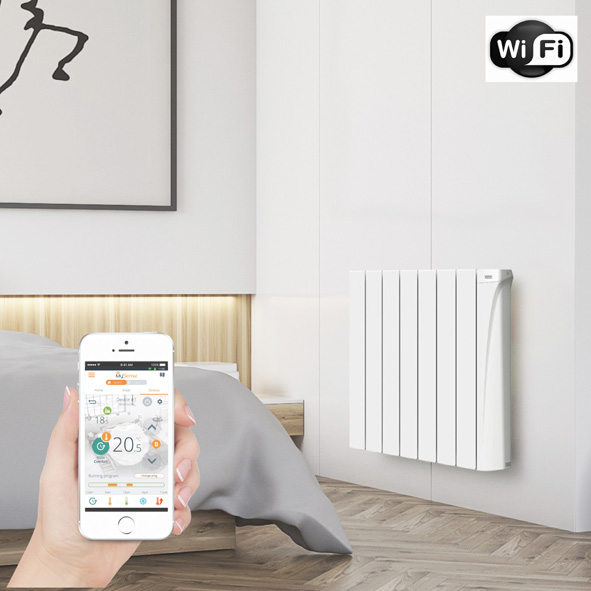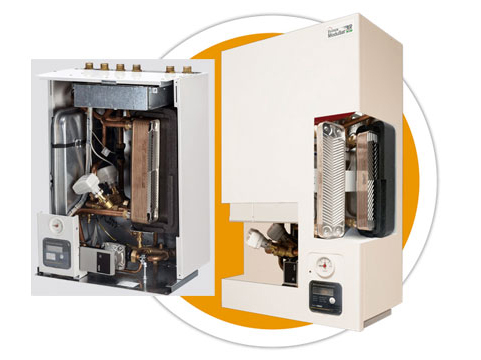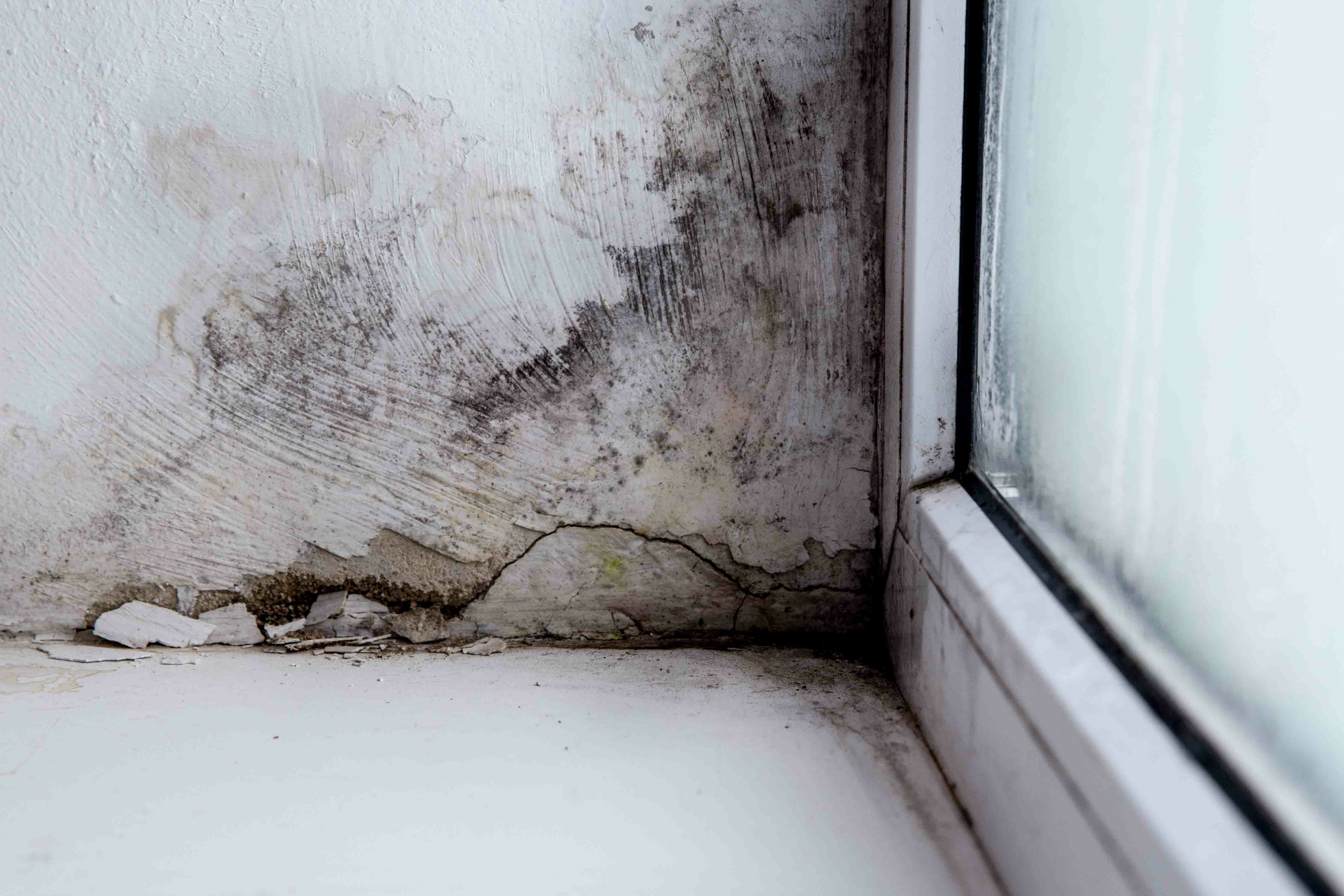Heating and Ventilation
Affordable, green electric heating alternative to heat pumps

Low-carbon heating is today’s gold standard for heating systems, and the government recommends replacing fossil fuel gas and oil central heating systems with a heat pump instead of a gas, oil, LPG fired boiler. While heat pumps are ideal for modern housing built to today’s energy conservation, SAP and heat loss standards, they are harder to install in older council owned housing stock, the majority of which is either flats, apartments or maisonettes and built prior to 1999.
UK Hydrogen Strategy: What does it mean?

Over the next few years, the prevalence of low-carbon heating technologies will rise significantly, bringing big changes in how the UK’s buildings are heated. Hydrogen is one of the key energy sources forming part of this conversation.
The UK Hydrogen Strategy gives clear direction on the Government’s commitment to the role this low carbon fuel source can play in meeting its target of becoming net zero by 2050 and builds on ambitions previously outlined in the Government’s 10-Point Plan and Energy White Paper. However, it highlights the uncertainty remaining on the scale and demand we can expect to see in the future, with hydrogen expected to form between 20-35% of the UK's energy consumption by 2050 and no final decision on the role of hydrogen in buildings until 2026 after the hydrogen village trial in 2025.
- Read more about UK Hydrogen Strategy: What does it mean?
- Log in to post comments
Mitsubishi Electric offers the perfect fresh air solution for UK homes
A new residential range of Lossnay Mechanical Ventilation with Heat Recovery (MVHR) systems will allow housing providers to provide clean and healthy air for the homes of their tenants.
The latest additions to Mitsubishi Electric’s renowned Lossnay range is designed specifically for the UK housing market and makes energy efficient, super-quiet ventilation accessible to even more homes.
The residential Lossnay VL-CZPVU-R/L-E is designed to extract stale air continuously and efficiently from spaces like bathrooms, kitchens, toilets, and utility rooms where air can become polluted with high humidity, fumes and chemicals.
Lean, Green and Clean – The future of communal heating

In 2019 the UK became the first major economy to pass laws to reduce its greenhouse gas emissions to net zero by 2050. Yet in late 2021 at COP26, the UK government itself admits they are falling short of the ambitious target, to reduce emissions by 78% by 2035.
Following the October 2021 publication of both the Heat and Buildings Strategy (HABS) and Net Zero Strategy, and the GLA’s updated London Plan, the UK now has a defined route to net zero and reinforcing regulations will soon follow. But what will this look like for residents within social housing apartments, where green technology is not immediately practical to install?
Airtech helps landlords meet their duty of care
It’s been a challenging time for social housing landlords during the COVID pandemic, especially with vulnerable residents shielding, making home repairs difficult. At the same time, landlords have seen a rise in disrepair claims made through the Homes (Fitness for Human Habitation) Act 2018. Meanwhile, the Housing Ombudsman is investigating damp and mould issues, recognizing the particularly significant impact both can have on vulnerable residents and those with respiratory problems. Landlords have a duty of care to residents, which has become even more important with COVID. But with restrictions now lifted, social housing providers will be pleased to know companies like Airtech Solutions can help them rid their properties of mould permanently. And as we enter condensation and mould season, now is the time to address any existing problems or put in preventative measures.
- Read more about Airtech helps landlords meet their duty of care
- Log in to post comments
Digistat Universal Thermostats for Social Housing

Introducing the new Digistat – an innovative range of universal wired and wireless digital thermostats. Bridging the gap between traditional and smart heating controls, the new Digistat is simply smarter. Providing accessible and easy-to-use heating controls for all tenants with differing requirements in just four variants.
Copyright © 2026. All rights reserved.
Designed By Euromedia Associates Ltd
















